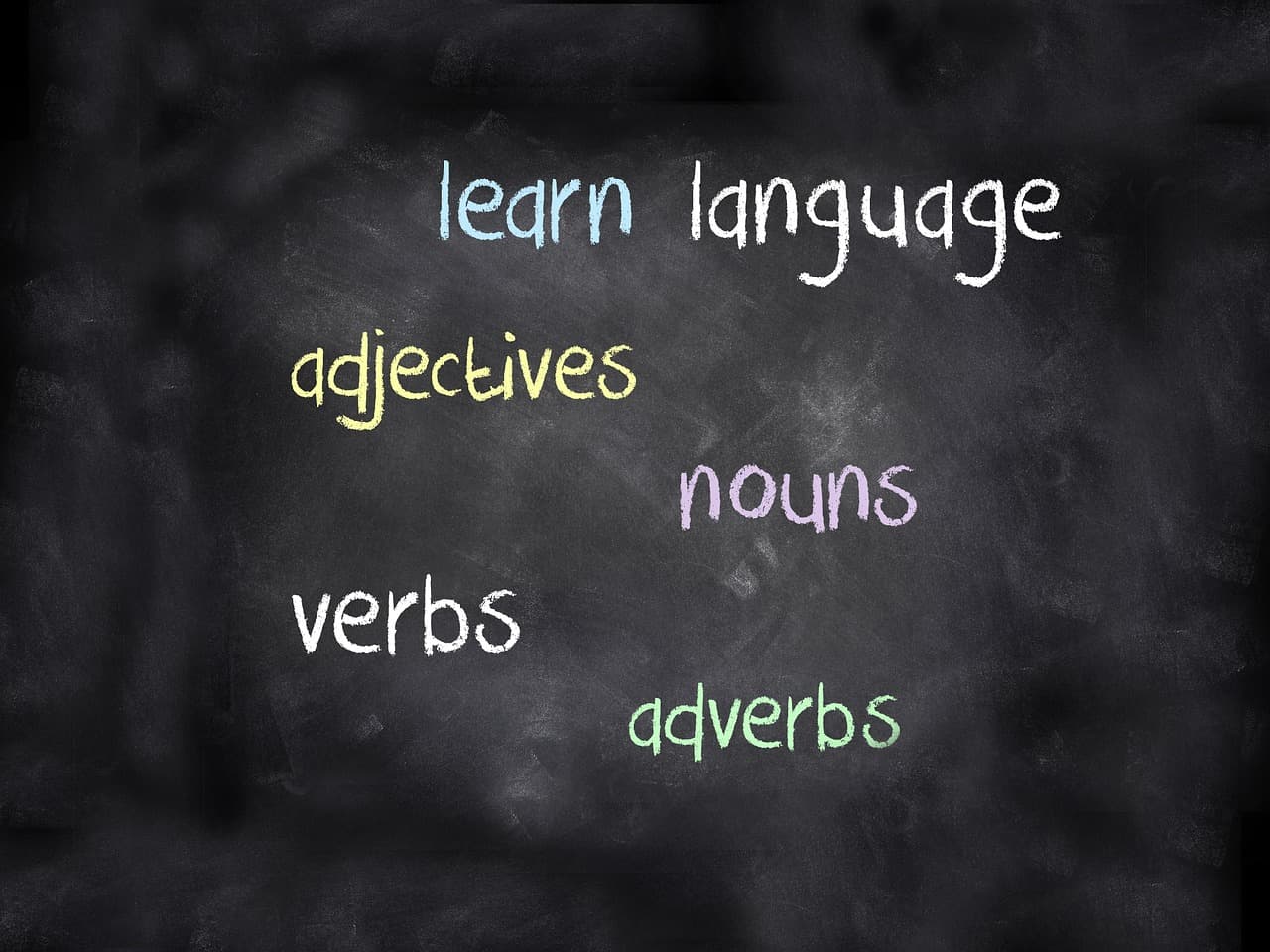În limba engleză, verbele “to be” și “to have” sunt printre cele mai fundamentale, dar și cele mai frecvent utilizate verbe. Este esențială așadar o conjugare cât mai bună a acestor verbe, astfel încât să se asigure o comunicare eficientă, dar și o înțelegere a structurilor gramaticale. Hai să explorăm azi conjugarea verbului “to be” în toate formele sale, dar și să vedem care este importanța verbului “to have” în limba engleză.
Care este definiția verbului to be?
Verbul “to be” este unul dintre cele mai utilizate verbe din limba engleză. Acesta este folosit pentru a descrie existența, starea sau identitatea unui obiect sau a unei persoane. În limba română, corespondentul acestui verb este “a fi”.
Conjugarea verbului “to be”
Prezent
- La prezent, verbul “to be” se conjugă astfel:
- I am (eu sunt) Ex: I am Dan, nice to meet you!
- You are (tu ești) Ex: You are Anne, nice to meet you!
- He/She/It is (el/ea este) Ex: He is Shane, we should talk with him!
- We are (noi suntem) Ex: We are Team Lion! Want to join our team?
- You are (voi sunteți) Ex: You are Team Cats. Want to play with us?
- They are (ei/ele sunt) Ex: They are not from here.
Trecut simplu
În ceea ce privește trecutul simplu, și anume past simple, verbul “to be” se conjugă în acest fel:
- I was (eu am fost) Ex: I was happier back then.
- You were (tu ai fost) Ex: You were a different person in the past.
- He/She/It was (el/ea a fost) Ex: He was there for me.
- We were (noi am fost) Ex: We were really worried about you.
- You were (voi ați fost) Ex: You were lost and now we found you.
- They were (ei/ele au fost) Ex: They were lost and now we found them.
Care sunt formele negative și interogative?
În ceea ce privește formele negative, dar și interogative ale acestui verb, trebuie să știți că acestea sunt esențiale pentru a formula întrebări, dar și negații corecte.
Forme negative
La prezent:
- I am not (eu nu sunt) Ex: I am not him.
- You are not (tu nu ești) Ex: You are not his girlfriend.
- He/She/It is not (el/ea nu este) Ex: He is not with us.
- We are not (noi nu suntem) Ex: We are not with him.
- You are not (voi nu sunteți) Ex: You are not with us.
- They are not (ei/ele nu sunt) Ex: They are not from here.
La trecut:
- I was not (eu nu am fost) Ex: I was not involved in that.
- You were not (tu nu ai fost) Ex: They were not involved in that.
- He/She/It was not (el/ea nu a fost) Ex: He was not involved in that.
- We were not (noi nu am fost) Ex: We were not involved in that.
- You were not (voi nu ați fost) Ex: You were not involved in that.
- They were not (ei/ele nu au fost) Ex: They were not there for him.
În ceea ce privește formele interogative, acestea sunt:
La prezent:
- Am I? (sunt eu?) Ex: Am I here with you?
- Are you? (ești tu?) Ex: Are you here with us?
- Is he/she/it? (este el/ea?) Ex: Is he here with us?
- Are we? (suntem noi?) Ex: Are we alone?
- Are you? (sunteți voi?) Ex: Are you alone?
- Are they? (sunt ei/ele?) Ex: Are they alone?
La trecut:
- Was I? (am fost eu?) Ex: Was I with you?
- Were you? (ai fost tu?) Ex: Were you with us?
- Was he/she/it? (a fost el/ea?) Ex: Was he with us?
- Were we? (am fost noi?) Ex: Were we with him?
- Were you? (ați fost voi?) Ex: Were you with her?
- Were they? (au fost ei/ele?) Ex: Were they with us?
Verbul “a avea” în engleză

Un alt verb esențial în engleză este verbul “to have”. Acest verb are roluri multiple, inclusiv în ceea ce privește formarea timpurilor compuse. Conjugarea acestui verb la prezent, dar și la trecut este următoarea:
Prezent:
- I have (eu am) Ex: I have a pen.
- You have (tu ai) Ex: You have two books.
- He/She/It has (el/ea are) Ex: He has a lot of gums.
- We have (noi avem) Ex: We have two problems.
- You have (voi aveți) Ex: You have a chair.
- They have (ei/ele au) Ex: They have two dolls.
Trecut simplu:
- I had (eu am avut) Ex: I had a problem in the past.
- You had (tu ai avut) Ex: You had a bottle of water.
- He/She/It had (el/ea a avut) Ex: He had two chairs.
- We had (noi am avut) Ex: We had a pair of shoes.
- You had (voi ați avut) Ex: You had a nice time.
- They had (ei/ele au avut) Ex: They had fun.
Care este importanța conjugării corecte?
În ceea ce privește conjugarea perfectă a verbelor “to be” sau “to have” este foarte important să se evite pe cât posibil confuziile, dar și să se comunice foarte clar. Fie că este vorba despre a scrie o compunere sau dacă vorbești cu cineva sau înveți engleza, este foarte important să te exprimi corect, dar și coerent în același timp.
Exerciții practice
Pentru a-ți consolida cât mai bine cunoștințele despre conjugarea verbelor “to be” sau “to have” este foarte util să faci unele exerciții practice. Printre aceste exerciții poți să ai în vedere lucruri precum:
- traducerea propozițiilor din română în engleză
- completarea propozițiilor cu forma corectă a verbului
- crearea de dialoguri folosind diferite forme ale verbelor
Conjugarea verbului “to be” în engleză, atât dacă vorbim de prezent, cât și de trecut, este un element de bază în ceea ce privește învățarea limbii engleze. O mai bună înțelegere, dar și stăpânire a acestor conjugări te ajută să înțelegi și să comunici mult mai bine în engleză.
O mai bună înțelegere, dar și o stăpânire cât mai bună a conjugării te ajută să înțelegi și să comunici mult mai bine în limba engleză. Verbele “to be” și “to have” sunt așadar esențiale pentru formarea multor alte timpuri, dar și structuri gramaticale, cum ar fi prezentul continuu, perfectul compus, dar și formele pasive.










